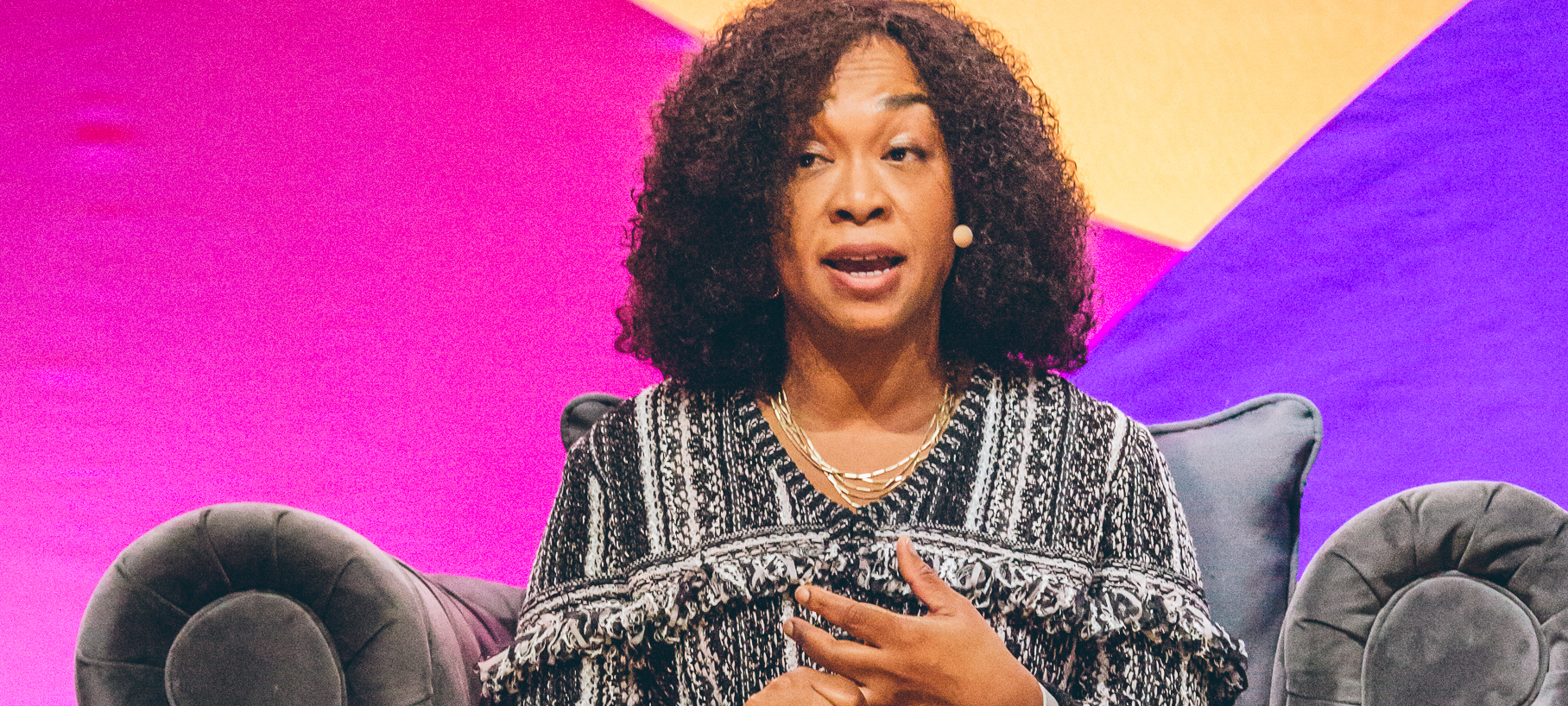It’s hard to name people with more creative output — and more cultural influence — than superstar showrunner Shonda Rhimes. She created “Scandal,” “How to Get Away With Murder,” and perhaps most famously, “Grey’s Anatomy,” which just hit its 342nd (!) episode. Speaking at the Summit LA17 conference in Los Angeles, the master storyteller revealed how ideas find her, and what she does with them when they do.
First, an idea shows itself as an image or a line of dialogue in her mind. But it can’t be immediately shared with others, she warned: “You have to be careful, because you can explain what it is to somebody, and they go hmmmm, and somehow they’ve poisoned your idea, and you feel a little broken about it,” she said. Instead, you guard it, let it percolate, live inside you for a while. Then she’ll start writing out sketches of characters and mulling over ideas for plot points. At first it’s a “collage of junk,” she said, but she refuses to start formally working on the project until the arc of the story is abundantly clear in her mind.
“I never put pen to paper to write the script or book or anything until I really know what I’m going to write,” she said onstage. “And then the writing is quick: Sometimes it can take a year of me thinking, and I can then write a script in three days. ‘It’s never, I took six months to write this script, or I took six months to write this book.’ It’s all happening inside my brain.”
Social scientists call this process “incubation”. Research indicates that when your brain is introduced to an problem—in Rhimes’ case, a storyline—that it will continue to turn it over even when you’re not actively paying attention to it. In experiments, participants come up with more creative ideas if they start on a problem, get distracted by other things, and then come back for a solution. It’s why your best idea might come to you in the shower, when you’re not otherwise occupied with other thoughts.
For Rhimes, she waits until the story is beating down the door of her mind. “There’s a moment when I can’t not talk about it anymore,” she said. “I can’t not write about it anymore. I‘m sitting in story meetings for other things, thinking, why am I talking about this when I should be talking about that. My brain is just excited to tell that story.”


